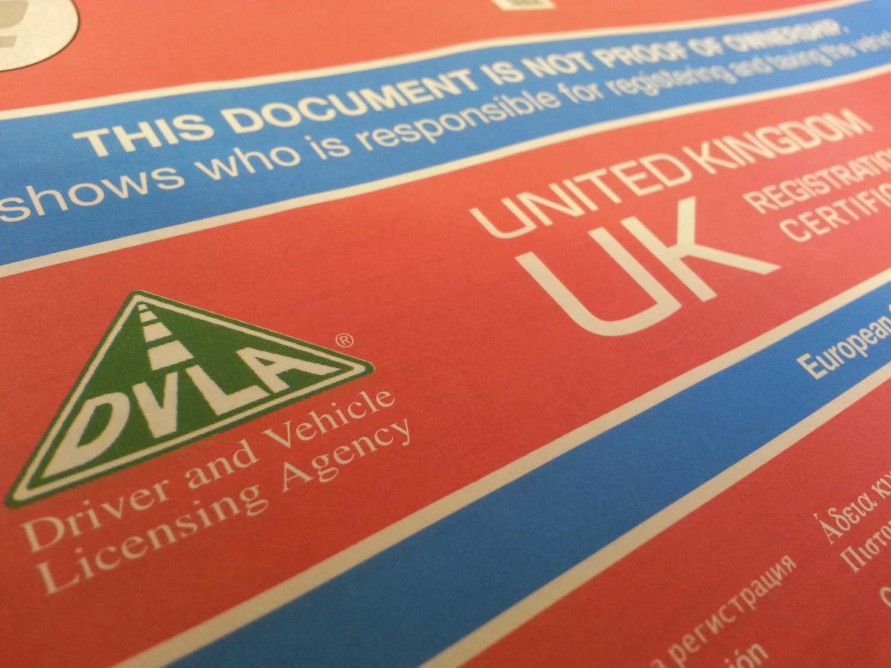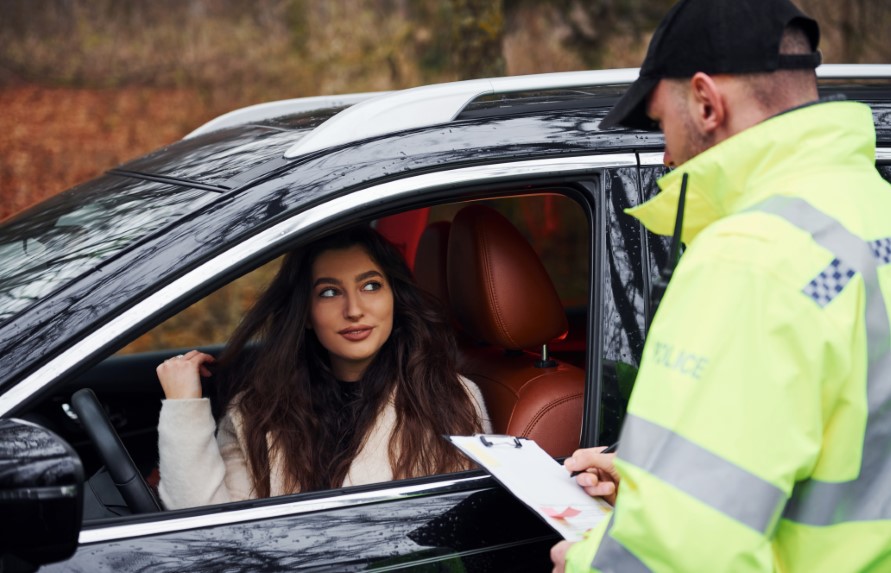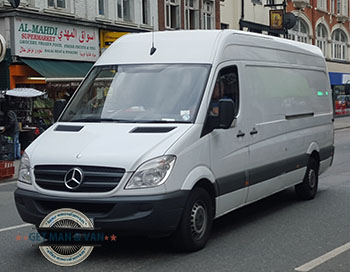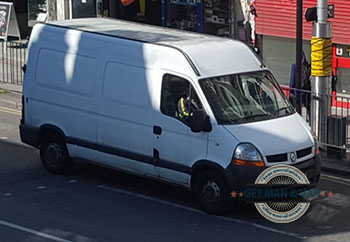
Changing Your Address on the V5C and How?
The vehicle V5C is your vehicle logbook – more or less your car’s passport. The DVLA tracks the registration details and vehicle tax history and tax class of each registered vehicle. It is basically the link between you and your vehicle, and proves your ownership to the authorities.
Being an official document means that the V5C contains the personal information of the vehicle’s legal owner. Other details that are described in the vehicle log book are related to the car itself – color, size, tax class, registration number and so on.
When should you update your vehicle registration certificate?
There are certain conditions under which you as a registered keeper are required by law to inform DVLA and update your vehicle registration certificate. It is crucial to know exactly how and when you have to do so. Failing to follow the time-frame required by law means you will be facing fines, and you can even get your vehicle confiscated in some very extreme cases. You can also lose your driver’s license, so it really is not worth it.
If you are changing your vehicle registration certificate because you change your address, you may need the help of Get Man and Van. We can’t assist you with updating the paperwork on your vehicle details, but our knowledge of the moving industry will help you finish up your relocation with as little hassle and stress as imaginable. In this way, it will be far less unlikely that you forget important details that you have to take care of, e.g. updating your vehicle registration certificate.
The most common reasons you may be required to update your vehicle registration certificate include changes of:
- Engine due to repairs, modification or replacement
- Color of the vehicle
- Cylinder capacity
- Fuel type
- Seating capacity
- Weight (applicable mainly to large vehicles such as campers and Luton vans
- Body shell or chassis.
- Change of registered keeper
Additionally, if you are transferring ownership of the vehicle, the new owner must be provided with the necessary forms to complete the registration process.
The logic behind these requirements is simple. All of these aspect of your vehicle work as identifiers of the car in question. If you update any of them in the car, you will also have to update the registration certificate with the vehicle licensing agency.
Do you have to inform DVLA of address change?
When moving home, and more importantly, when you change your permanent UK address, you as a registered keeper are obliged to update a few documents, including your driving license, vehicle log book, and provide your new UK address to the DVLA. The car tax direct debit details also need to be updated. If you are selling your car, the log book needs to be updated with the new owner’s personal details. If you are buying a new vehicle, you also need to fill in your details in the log book. In short, any change of ownership comes with the requirement of the vehicle registration to be changed as well.
What if you don’t change your vehicle registration?
If you miss the deadline for updating your vehicle log book, the DVLA may fine you up to 1000 GBP. Additional penalties apply for failing to update your driving licence, log book, and insurance company documents under special circumstances, and if it turns out that you are driving a stolen vehicle you are not the registered keeper of. In some cases, you might even have to pass a driving test again if you’d like to continue enjoy your driving privileges.

Are you not sure if you need to update your V5C?
If you plan to change your address, but you are not certain if you have to update the vehicle registration certificate, the best course of action would be to call the DVLA. Explain your concern and they will advise you on the next steps
Who is responsible for updating vehicle registration certificate?
It is the new owner’s responsibility to update the vehicle’s registration certificate in case of an ownership change. In case you are relocating to a new address, you will have to get the job done yourself within 30 days of moving. Fortunately, the process doesn’t take up much time and won’t include a trip to the DVLA. You can apply for a change of address online, or go to the nearest post office to submit the form to inform DVLA about the updates necessary.
There are a few sections in the form that you will need to fill out correctly:
- Basic details, including name and address
- Health information, mainly eyesight information.
- Information about passing your driving test
- Information about your new license, including start date
- Information about your old license, including start and end date
Updating your license and vehicle registration is a formality. You won’t be required to retake your driving test, for example. All you are expected to do is submit the relevant forms with the necessary information filled in correctly and on time.
Number Plate Documents
When you change your address, you might have to update your personalized number plate documents. That applies in cases when you have a private registration number as a registered keeper, but it is not placed on a vehicle. In that case you will have to update the V750 and V778 documents.
About the Author:
Prev: « Van Types and Sizes Explained: All Van Dimensions in DetailNext: How Long Does It Take To Move House (UK): Full Timeline and Stages »









